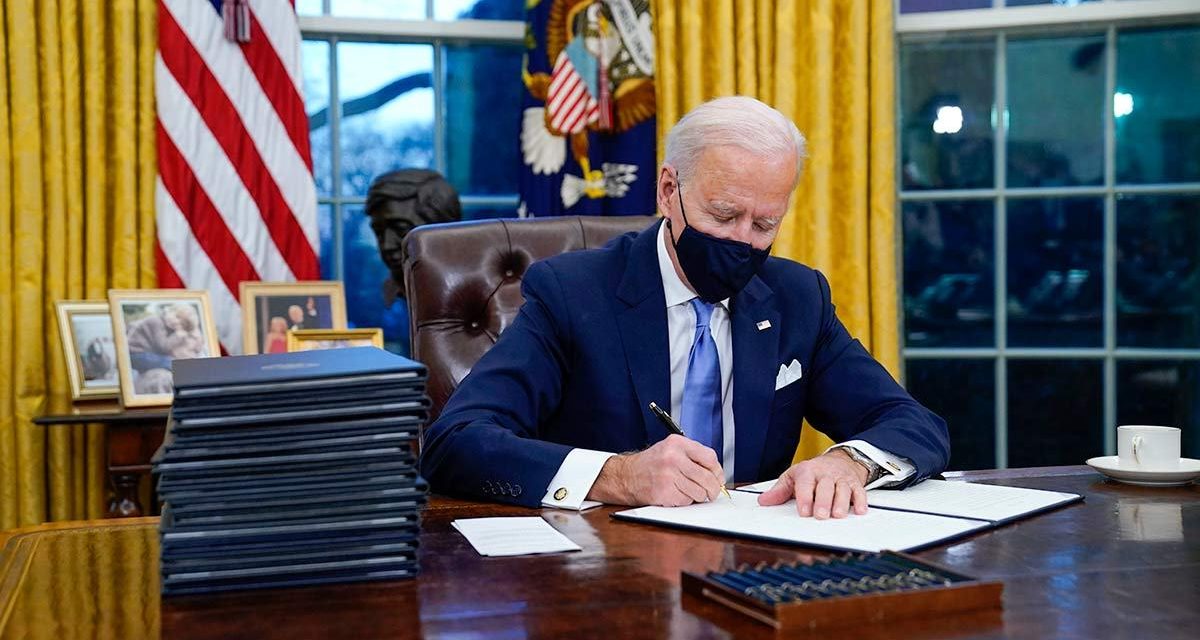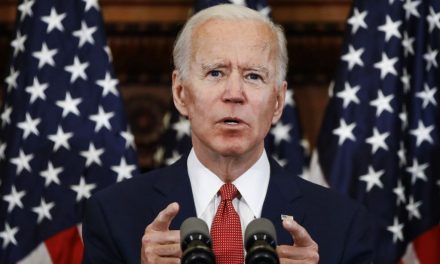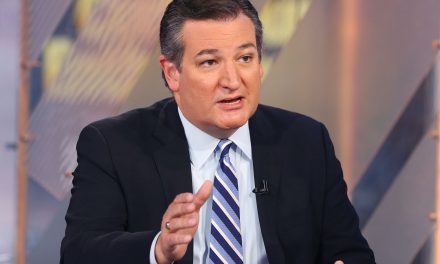President Biden has begun to draft officials to lead his primary environmental agencies, turning to former Obama-era appointees, nonprofit leaders and longtime congressional aides to enact his climate vision.
The administration this week announced the first round of political appointees who will begin working at the Environmental Protection Agency (EPA), Interior Department and the Energy Department (DOE).
The latest hires will be key players in carrying out the energy and environment agenda that Biden set forth on the campaign trail, including goals of reaching carbon neutrality by the year 2050 and having a carbon free power sector by 2035.
Biden last month tapped Rep. Deb Haaland (D-N.M.) to lead Interior, North Carolina regulator and former EPA official Michael Regan as that agency’s administrator, and former Michigan Gov. Jennifer Granholm (D) to be his Energy secretary. All are awaiting confirmation.
The latest appointees have already gotten to work at their respective agencies and in just a few days have begun carrying out Biden’s agenda.
Melissa Hoffer, who was named as the Biden EPA’s principal deputy general counsel, has asked lawyers at the Department of Justice to pause cases where Trump administration rollbacks are being challenged by environmental groups.
And a recent Interior Department order that temporarily halted new drilling permits on federal lands, a step toward the Biden campaign promise of ending new public lands leasing, is stirring up mixed reactions.
“It is a team that is exceptionally knowledgeable in the subject areas they are getting hired for. These folks are not going to need a lot of ramp up time,” said Aaron Weiss, deputy director of the Center for Western Priorities.
The moves were praised by environmentalists, but the Biden administration’s early action on climate change has received pushback from Republicans.
“The Biden admin’s message to America’s blue-collar workers: If you are a blue-collar worker in the energy industry, find a new job,” tweeted Sen. Ted Cruz (R-Texas) in response to the news of the Keystone XL cancellation and pause on drilling permits.
Some trade associations in Washington, including the U.S. Chamber of Commerce, applauded the decision to rejoin the Paris accord, while criticizing the Keystone decision.
Several of the new hires, announced over the past several days, are Obama administration officials returning to their respective departments.
At Interior, Elizabeth Klein will serve as deputy secretary. She was formerly the department’s associate deputy secretary. Kate Kelly, who held high-ranking positions at Interior under Secretaries Sally Jewell and Ken Salazar, will serve as the deputy chief of staff for policy.
Vicki Arroyo, who now leads the Georgetown Climate Center, and Joseph Goffman, who ran the Environmental and Energy Law Program at Harvard Law School, are returning to the EPA after both previously worked at its Air and Radiation Office.
EPA’s new chief of staff Dan Utech formerly served in the Obama White House as deputy assistant to the president for energy and climate change. He will be joined by officials coming from environmental advocacy organizations such as the Environmental Defense Fund and the Natural Resources Defense Council.
The Energy Department’s new chief of staff, Tarak Shah, is also a former Obama official, having worked as a chief of staff to the agency’s undersecretary for science and energy.
Andrew Light, who served as an adviser to the U.S. special envoy on climate change and also worked on Washington Gov. Jay Inslee’s climate-focused presidential campaign, is also joining DOE as its principal deputy assistant secretary for international affairs.
The Biden administration is also creating some new roles to further advance campaign pledges Biden made on issues like ensuring an equitable transition away from fossil fuels.
At DOE, the Biden team created new positions leading the department’s efforts on energy jobs and energy justice, which will be held by Jennifer Jean Kropke, formerly of an electrical workers union, and Shalanda Baker, who was a professor at Northeastern University, respectively.
These positions are expected to advance Biden’s campaign pledges to ensure that 40 percent of the benefits of clean energy investments go toward disadvantaged communities and that the agency’s actions on energy create jobs.
Baker in particular will look at the agency’s existing programs to ensure they are consistent with Biden’s energy justice campaign promises.
Some argued the experienced picks could help lighten tension between career officials and political appointees.
“It’s a very knowledgeable and experienced crew, and I think this will be a great reassurance to the career staff at the agency as well,” said Stan Meiberg, a former acting deputy administrator for the EPA during the Obama years who now teaches at Wake Forest University.
“That’s both because of the people but also the tenor and tone of the relationship the president has set between politicals and career staff, and that’s a contrast to what happened under the previous administration,” he said.
But even if agency relationships are less tense, the dynamics with Congress may largely stay the same.
“On the Biden administration’s very first day, it took several big steps in the wrong direction,” said Sen. Mitch McConnell (Ky.), the top Republican in the Senate, citing the Paris agreement and Keystone pipeline decisions.





